Texas Heart Institute The Ali Massumi Cardiac Arrhythmia Symposium 2025
Important Notice:
This Product is shared via google drive download link, So please share your correct Gmail id while placing the order. Please note that there are no CME points or certificate associated with this course.
Format: 9 videos + 1 PDF
Size: 3.54 GB
🧑🏾💻👩🏼💻 Target Audience: cardiologists, cardiologists with an interest in electrophysiology, cardiac electrophysiologists, cardiovascular surgeons, internists with an interest in cardiology
📌 Information:
The symposium will enhance the knowledge, competence, and performance of healthcare professionals in all aspects of arrhythmia management. By providing attendees with the latest information, techniques, and best practices in arrhythmia management, the symposium can help improve the quality of care for patients with arrhythmias.
This educational activity was designed to provide electrophysiologists, cardiologists, internists, and associated professionals with state-of-the-art information on the fundamental mechanisms of cardiac arrhythmias and the best practice approaches to clinical diagnosis, evaluation, and management of abnormal heart rhythms.
💯 Learning Objectives
At the conclusion of this symposium, participants should be able to:
• Describe the role of conduction system pacing (CSP) in the management of patients with bradycardia, heart failure, and other arrhythmias
• Select the appropriate CSP device and lead system for individual patients
• Explain the role of leadless pacing in the management of patients with bradycardia, heart failure, and other arrhythmias
• Discuss the latest advances in leadless pacing technology
• Explain the role of subcutaneous implantable cardioverter-defibrillators (S-ICDs) in the management of patients with high-risk arrhythmias
• Discuss the advantages and disadvantages of S-ICDs compared to traditional transvenous ICDs
• Explain the role of antiarrhythmic drugs in the management of patients with atrial fibrillation, ventricular tachycardia, and other arrhythmias
• Discuss the advantages and disadvantages of antiarrhythmic drugs compared to other treatment modalities
• Discuss the efficacy and safety of new atrial fibrillation (AF) treatments, based on clinical trial data
• Identify the patients who are most likely to benefit from each new AF treatment modality
• Explain the physiological effects of cardiac contractility modulation (CCM) on the heart
• Discuss the benefits and risks of CCM compared to other heart failure therapies
👨⚕️ 👩🏾⚕️Target Audience
The symposium has been designed for: cardiologists, cardiologists with an interest in electrophysiology, cardiac electrophysiologists, cardiovascular surgeons, internists with an interest in cardiology, cardiology fellows, Baylor St. Luke’s Cath Lab technicians, family and general practitioners, physician assistants, nurse practitioners, nurses, and medical students.
▶︎ Topics:
✅ Agenda.pdf
✅ AI in EP.mp4
✅ Alcohol Ablation of PVC and VT.mp4
✅ Antiarrhythmic Drugs.mp4
✅ Cardiac Contractility Modulation (CCM).mp4
✅ Conduction System Pacing.mp4
✅ Leadless Pacing.mp4
✅ Left Atrial Appendage Occlusion.mp4
✅ New Treatment Modalities for AF.mp4
✅ Subcutaneous and Extravascular ICD.mp4

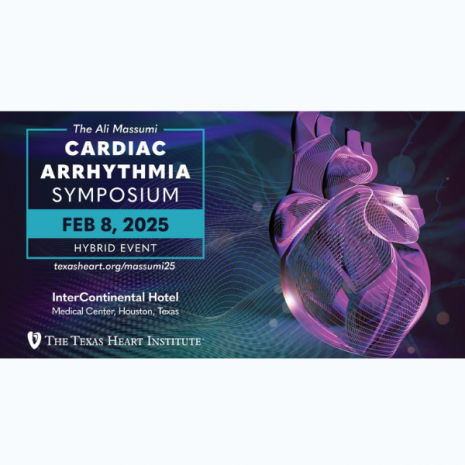
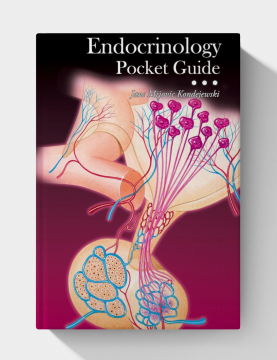
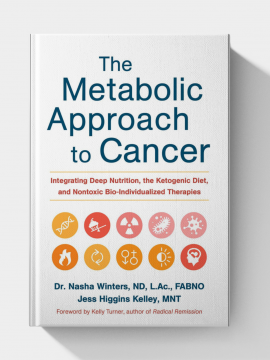
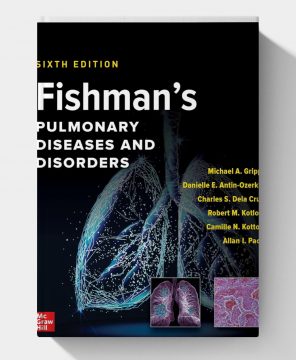
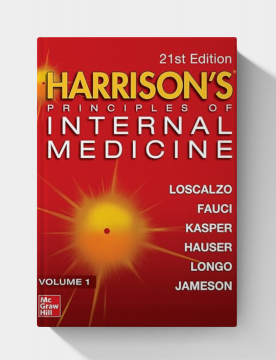
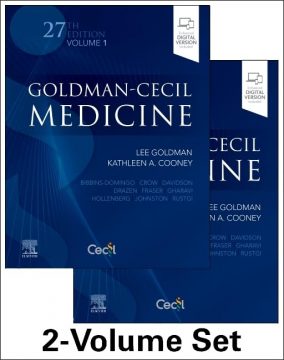
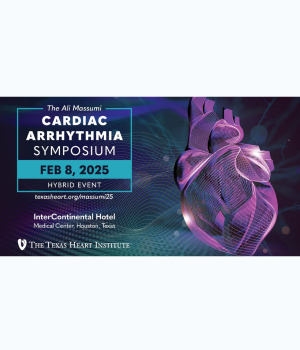
Reviews
There are no reviews yet.